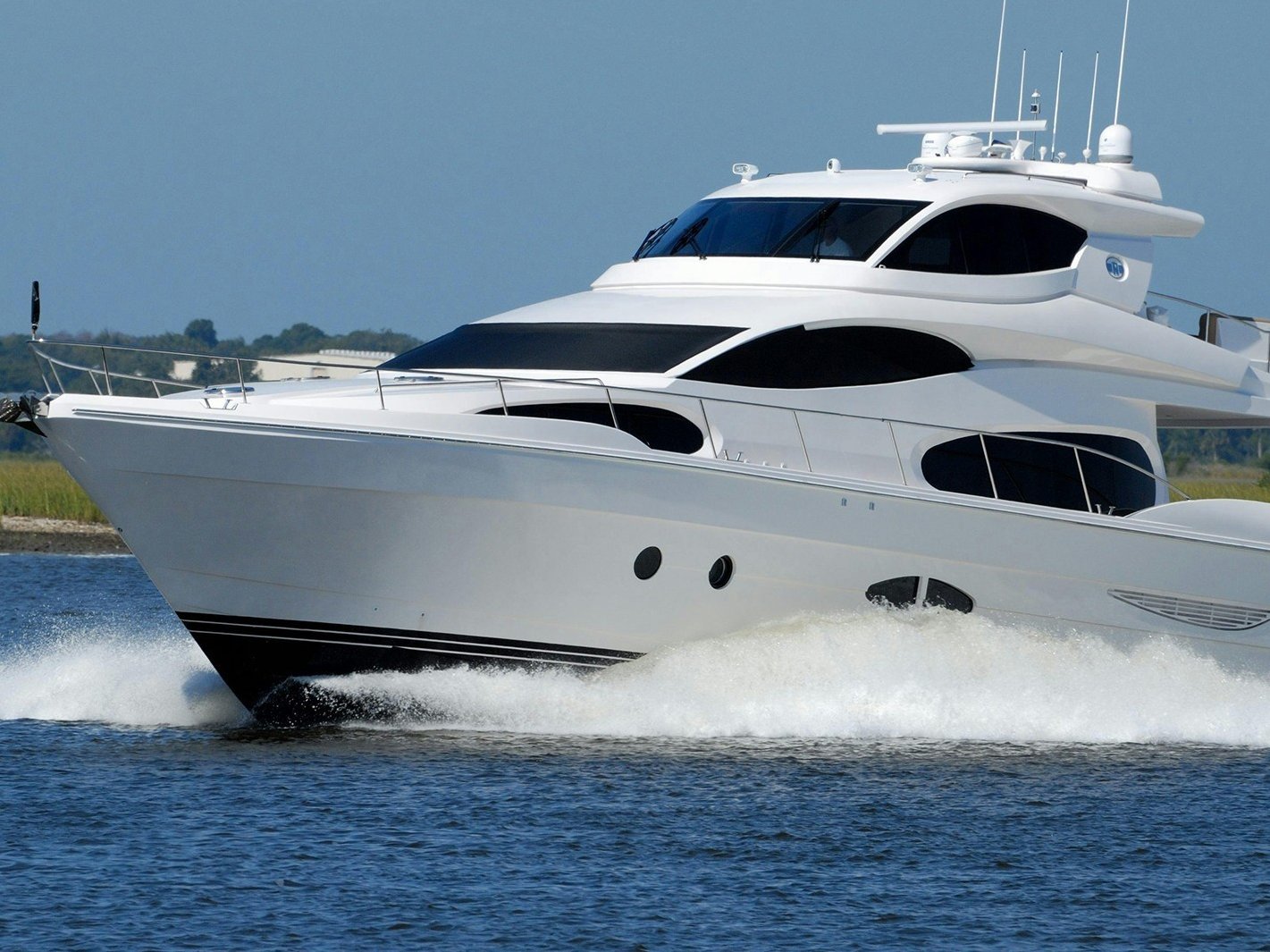Think about it: how many people aboard your yacht drink, cook, and wash with the onboard water every day? What if tomorrow you discovered Legionella pneumophila in the tank ? We’re not talking about a theoretical risk. It happens more often than you think. And it’s not just about drinking water: showers, sinks, and toilets also hide silent dangers. But you don’t have to face it alone. With a serious water and air management plan for yachts experts , supported by marine technical consulting , you can transform water management from a problem to a strength. And ensure impeccable marine water air quality for everyone.
But what kind of water actually flows on my yacht?
Did you know that not all water on board is the same? And that each requires different treatment? Let’s start with the water you use for drinking and cooking: fresh water . It seems simple, but if the pipes or tank aren’t sterilized with UV light or checked regularly, it can become a breeding ground for dangerous bacteria. And we’re not just talking about a strange taste: we’re talking about your health.
Then there’s gray water : the water that comes out of showers, sinks, and washing machines. It contains soap, oils, and skin residue. If you dump it untreated—even just near a coast—you violate MARPOL Annex IV . And it’s not just a legal problem: it’s an environmental one. Those detergents kill plankton, alter ecosystems, and sometimes come back as toxic algae.
Finally, black water : wastewater from the bathrooms. It’s the most delicate. If you don’t have a certified system, you risk serious pollution. But even on board, a malfunction can create unbearable odors, render bathrooms unusable, and ruin a dream charter. And do you know what’s most frustrating? That all of this can be avoided.
What about regulations? Are they really that important?
Ah, the regulations… so much paperwork, so many controls. But wait: do you see them as a nuisance or as protection? Because in reality, MARPOL Annex IV standards, , IMO and RINA or DNV certifications aren’t there to bother you. They’re there to protect you.
Imagine: you’re in a foreign port, and an inspector arrives. He asks for maintenance records, system certifications, and treatment logs. If you don’t have everything in order, you risk hefty fines, ship detention, or worse: the loss of customers. And do you know why? Because today, in the charter industry, compliance is a calling card. A well-managed yacht not only avoids trouble, but also attracts guests seeking safety and sustainability.
comes in And this is where marine technical consulting : it’s not a consultant who tells you what you’re doing wrong, but an ally who helps you do better. It guides you in choosing systems, training your crew, and preparing documentation. And it lets you sleep soundly.
New technologies make everything lighter, right?
Of course, yes. And we’re not talking about futuristic gadgets: we’re talking about real, efficient solutions, accessible to everyone.
Have you ever seen a water treatment plant that fits into a space as small as a walk-in closet? Today, compact MARPOL-certified systems exist that treat gray and black water with biological or membrane processes. And they produce effluent so clean it can be discharged into the open sea without any problems.
Then there are the advanced filters : multi-stage, with reverse osmosis and UV sterilization. They guarantee safe drinking water for weeks, even when running independently. And with smart sensors , you can monitor consumption, levels, and quality in real time. Receive an alert on your tablet if a filter is about to run out or if there’s an anomaly. Pure prevention.
And what about detergents? Yes, they matter too. Biodegradable cleaning agents are not only environmentally friendly, they also help treatment systems function better. Harsh detergents kill beneficial bacteria in biological systems. Eco-friendly ones don’t. It’s a small choice, with a big impact.
But in the end, who really benefits?
Everyone. Really. Let’s do the math.
For you, the owner , this means fewer breakdowns, lower maintenance costs, and a higher market value. A yacht with certified systems sells better, rents better, and has a solid reputation.
For the crew , it’s a revolution: fewer emergencies, less stress, more control. They no longer have to run from bathroom to bathroom with buckets and deodorizers. They have the tools to prevent problems before they arise.
For guests , comfort is immediate: pure water, working bathrooms, fresh air. They don’t see the pipes, but they feel the quality. And today, many luxury clients ask: “Is this yacht sustainable? Is it safe?”
And what about the sea ? Well, the benefits are obvious. Less pollution, more respect. And you know what? True luxury isn’t just design or speed. It’s sailing without leaving a trace. This is the future of sailing.
Information summary: what you need to remember
Water onboard isn’t a secondary system: it’s vital. There are three types—freshwater, greywater, and blackwater—each with specific risks and rules to follow. International regulations like MARPOL Annex IV and IMO standards aren’t bureaucracy: they’re protections for you, your crew, and the environment. Modern technologies—advanced filters, compact systems, intelligent monitoring—make management simpler, safer, and more efficient. The benefits are for everyone: from the value of your yacht to the comfort of your guests. And with the support of a marine technical consulting team , like that of marine technical consulting system , you can turn water and air management into a strategic advantage. Because a well-designed marine water and air quality isn’t a cost: it’s an investment in the future.




